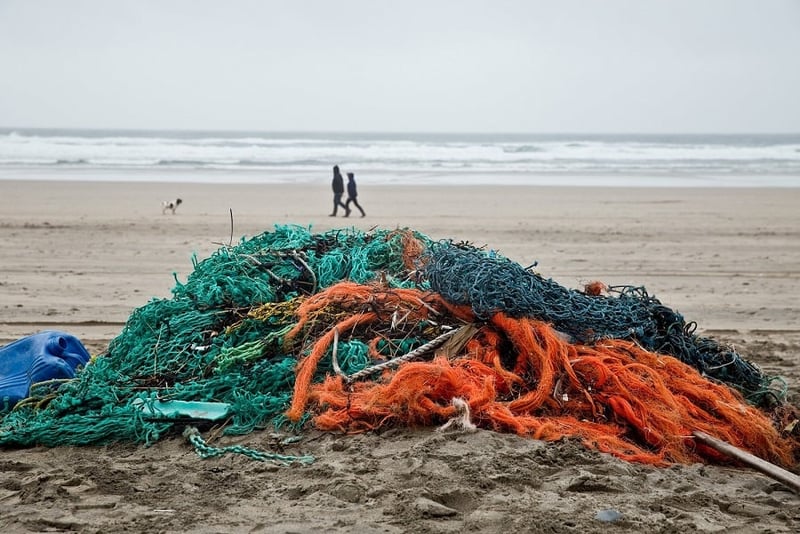
Six nations join the Global Ghost Gear Initiative to protect sea animals
News
New Zealand, Belgium, Samoa, Tonga, Sweden and Tuvalu join the Global Ghost Gear Initiative to make the ocean safer for sea animals
By signing Statements of Support for the Global Ghost Gear Initiative (GGGI), these nations are committing to improve the health of marine ecosystems, protect marine animals from harm and safeguard human health and livelihoods.
Every year, hundreds of thousands of whales, seals, turtles and birds are trapped, mutilated and killed by the 640,000 tonnes of fishing gear that is left in our oceans. Known as ghost gear, this silent killer is one of the biggest threats facing sea animals.
The amount of ghost gear entering our oceans and threatening animals in on the rise. Which is why World Animal Protection founded the GGGI in 2015 – to find and put in place sustainable solutions to this global problem.
A global effort to combat ghost gear
The GGGI is an alliance of governments, fishing industry leaders, researchers and NGOs, committed to reducing ghost gear globally and protecting sea animals.
The scale of the problem is so large, it could cost governments millions of dollars in clean-up.
But by bringing different groups together to collaborate, the GGGI will help governments and industry to prevent ghost gear ending up in our oceans in the first place with best practice recommendations for their supply chains.
Leading the world on ghost gear
In 2015, the United Nations established 17 ambitious global targets, known as the Sustainable Development Goals (SDGs). Goal 14 is entirely focused on our oceans and calls for a significant reduction of marine pollution of all kinds, including ghost gear, by 2025.
The GGGI is key to helping countries meet their commitments under SDG 14, creating safer, cleaner oceans by tackling ghost gear.
Main image credit: Greg Martin
By bringing different groups together to collaborate, the GGGI will help governments and industry to prevent ghost gear ending up in our oceans in the first place